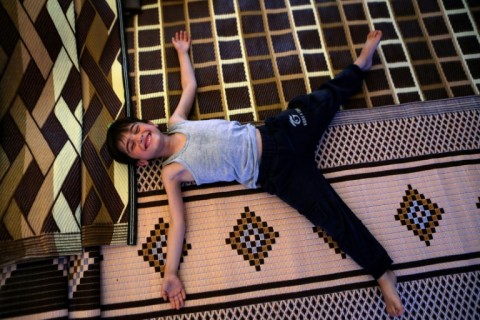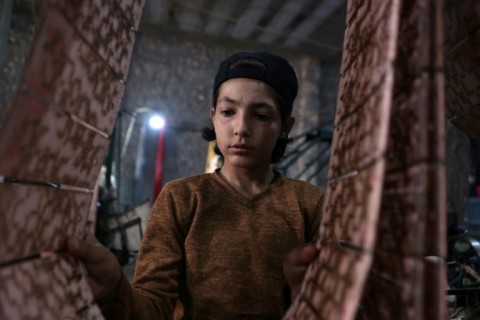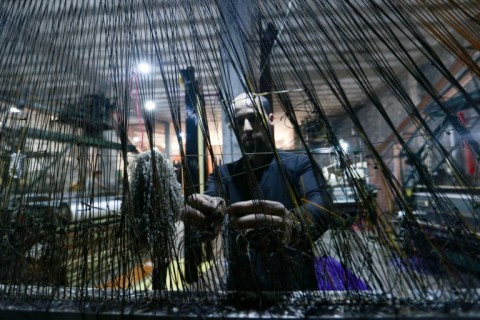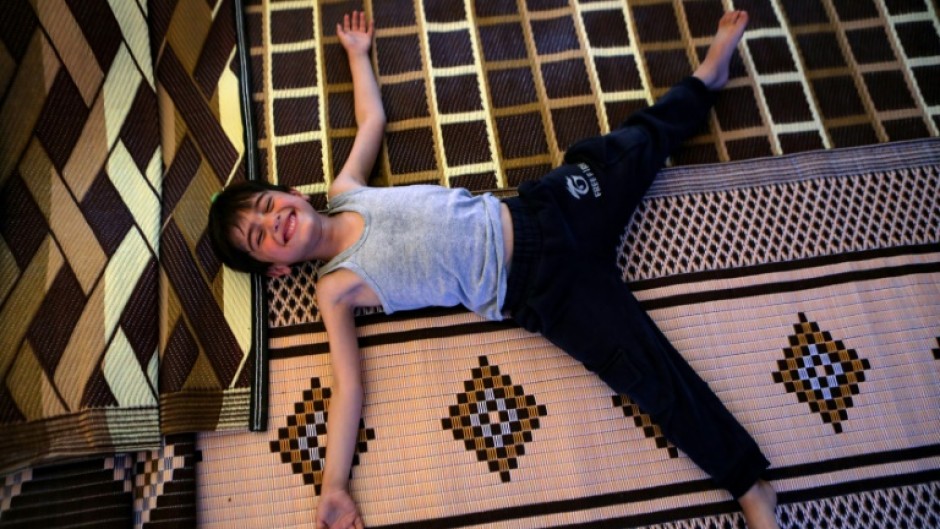
HEZREH - In rebel-held Syria, recycling is rarely an environmental impulse but rather a grim lifeline for needy residents looking for work or items they otherwise could not afford.
Braving the stench, insects and risk of disease, Mohammed Behlal hacks through the rubbish pile with a scythe and his bare hands.
He and two of his six children earn a living sifting through the refuse in Idlib province's village of Hezreh, earning $7 to $10 a week each.
"It's tiring... but what can we do, we have to put up with this hard labour," said Behlal, who was displaced from neighbouring Aleppo province during Syria's civil war.
"Thank God, at least we have work with the trash," he added.

In a large scrapyard next to agricultural fields, workers sort plastic junk loosely into piles according to colour.
They then cut it up and crush it into small pieces that are washed and melted into plastic pellets.
Farhan Sleiman is among those who handle the material brought in from the landfill.
"We buy plastic from roaming trash-picker trucks and children," said Sleiman, originally from Homs province.

Elsewhere in northern Idlib province, workers at a factory making mats and rugs churn out brightly coloured plastic thread while large weaving machines click and clack.
Factory owner Khaled Rashu says rug-making is a family tradition.
"We have more than 30 employees" at the factory, he boasted as a significant feat in a region where many are jobless.
Large mats featuring geometric designs, some made with striking red or purple plastic thread, emerge from the weaving machines and are stacked into piles.
Shop owner Mohammed al-Qassem is among those selling the mats, which he says are a hit in an area where many people are displaced and live in basic tents or makeshift dwellings.
The mats made from recycled plastic cost between $5 and $15, while traditional Persian-style rugs are around $100.

